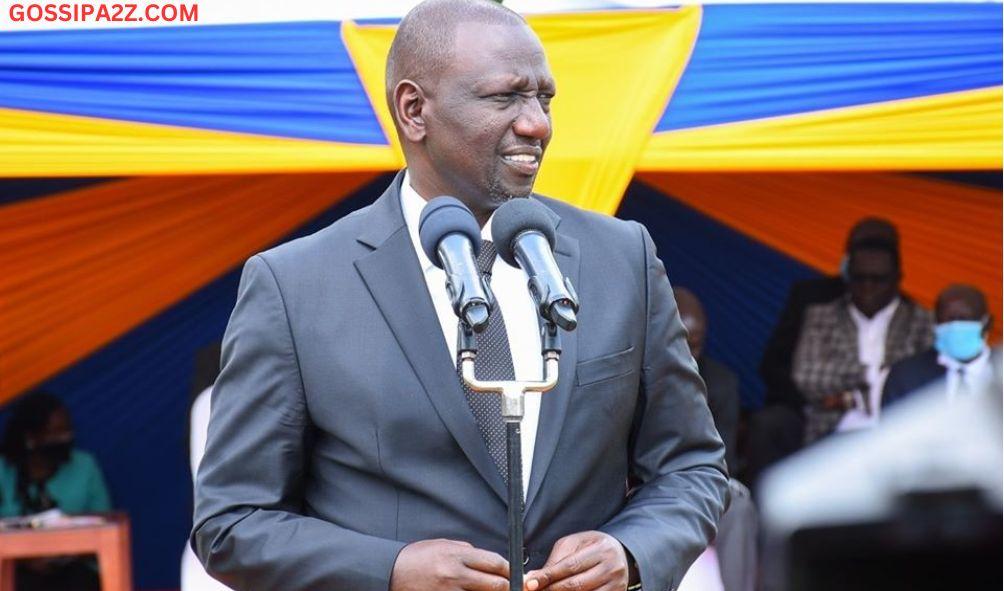Ruto’s Debt Plan: Foreign Investors Raise Alarm
Moody’s Debt Service has cautioned that Kenya could potentially face the possibility of failing to meet certain international debt commitments if it proceeds with President Ruto’s proposal to repurchase fifty percent of the Eurobond before its maturity in 2024.
In June, Ruto announced that Kenya intended to repurchase fifty percent of the Eurobond amount before its 2024 maturity, aiming to alleviate the nation’s debt repayment challenges. Moody’s Debt Service cautioned that this action might be considered a default.
On Wednesday, according to a Bloomberg report, Kenya experienced a decline in its Eurobond values, resulting in a 46 basis point rise in yields, reaching 13.35%, which marked the highest rate seen in a month.
“We deem a distressed exchange occurs when there are economic losses to creditors and when the transaction has the effect of allowing the issuer to avoid a likely eventual default. We need to see the details and the terms of the buyback before we can assess whether it constitutes a distressed exchange, and therefore a default under Moody’s definition,” Bloomberg quoted Moody’s Debt Service vice president David Rogovic.
Moody opposes the early repurchase of the Eurobond since it believes that the Kenyan government possesses ample funding alternatives to meet its obligations when the bond reaches maturity.
In a comment, prominent economist Mohammed Wehliye expressed a differing opinion from Moody’s evaluation of Ruto’s approach to repaying debt, stating that the company’s analysis was excessively exaggerated.
ALSO READ: Kioni Unveils Obasanjo’s Concerns in Ruto, Raila Talks
The economist from Saudi Arabia pondered why Moody’s would label the buyback as a default when investors willingly chose to sell the bonds.
“Why should the price determine default if it’s not a forced termination?” Wehliye posed adding that the move is meant to intimidate Kenya to pay more.
Wehliye’s feelings were mirrored by Financial Analyst Dickson Magecha, who expressed that declaring it as a default shouldn’t happen due to the absence of compelled purchasing.
Magecha’s statements echo the declarations that Ruto put forth in June when revealing the strategy to address Kenya’s debt situation.
“The people who are looking to make a kill from this, they think they can scare us and create a narrative around it,” the President warned after investors warned of default risks.
“I want to promise them that we are going to redeem half of it before the end of the year and we will square it out before time lapses next year. We are in a good space.”
Ruto’s Debt Plan: Foreign Investors Raise Alarm
